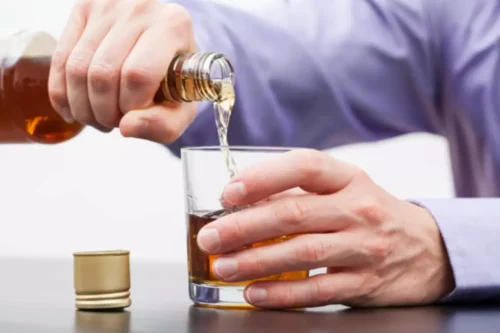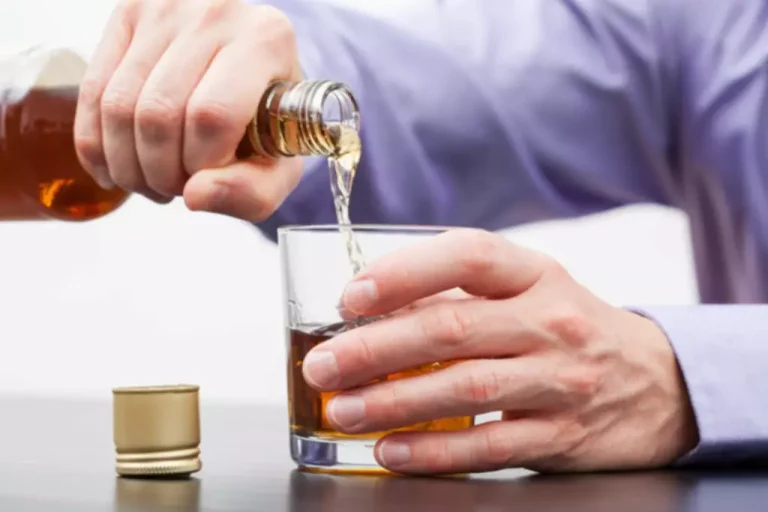
However, quitting alcohol can have a positive impact on your skin’s appearance and health, contributing to a fresher and more youthful look,’ adds Xu. Well, when you drink alcohol, you increase chances of cell damage and increased skin ageing. ‘Dehydration weakens the skin barrier, which can allow environmental aggressors to cause damage’, Dr Hextall clarifies. But what are the benefits of cutting out booze for a month and beyond?

Wrinkles and Aging

If your face flushes when you drink, you may have some degree of rosacea. This common skin condition causes your face Drug rehabilitation — especially your cheeks, nose, chin, and forehead — to turn red. Some studies show alcohol might raise your odds of getting rosacea if you don’t already have it.
What are the effects of alcohol on the skin?

Common issues include rosacea, psoriasis, and seborrheic dermatitis. Each condition presents unique challenges for those affected. Alcohol can drain the body of vitamin A, which is the vitamin responsible for cell turnover. So, by taking a daily supplement you can help to encourage the cell regeneration process that you’ve inhibited by drinking alcohol. You can also take a supplement dedicated to keeping your skin, =https://ecosoberhouse.com/ hair and nails healthy, which can also help repair any skin damage. Other supplements that can restore the balance to your skin include vitamins C, E, B1, B6, B2, B3 and Omega 3.
- Alcohol can also reduce treatment effectiveness for psoriasis.
- Alcohol dilates your blood vessels, which can cause temporary redness and a flushed appearance.
- This will help to counteract the dehydrating effects of alcohol and keep your skin looking and feeling its best.
- People who experience this side effect have a mutation of aldehyde dehydrogenase 2 (ALDH2), a detoxifying acetaldehyde.
- Dr Morrison adds that if you suffer from the skin condition rosacea, alcohol will likely exacerbate your symptoms.
- It is important to remember that skincare is a holistic endeavour, and the impact of alcohol consumption on the skin should be evaluated in the context of overall lifestyle choices.
Can drinking alcohol cause skin redness?
- Understanding how alcohol affects the skin is important for those who enjoy drinking.
- These effects are temporary, and a person can notice them the day after a night of drinking, whether or not they have AUD.
- Although the classic ‘drinker’s nose’ (rhinophyma) was thought to be related to excess alcohol consumption, it has never been proven.
- Moreover, the wide-ranging roles of the immune system present significant challenges for designing interventions that target immune pathways without producing undesirable side effects.
Your body works to repair DNA damage caused by the sun, but alcohol can interfere with that process. Urticaria (hives) may occur within minutes to hours of drinking alcohol and is sometimes due to allergic reaction. Flushing and overheating after drinking alcohol may also indicate cholinergic urticaria. This is a physical type of urticaria is brought on my heat, exercise, or stress. Although the classic ‘drinker’s nose’ (rhinophyma) was thought to be related to excess alcohol consumption, it has never been proven. In a case-control study of 175 people with rosacea and 145 people with normal skin, there was no significant difference in alcohol consumption between the two groups.

- By seeking professional help for alcohol addiction, you can not only improve your skin health but also enhance your overall quality of life.
- Drinking alcohol is linked to cancer of the mouth, throat, voice box, and esophagus.
- Sunken eyes become noticeable as well, giving a tired appearance.
- Alcohol may be a staple at social gatherings, but its effects on our skin are anything but celebratory.
As you detox from alcohol, get lots of rest, drink plenty how alcohol affects your skin of water, and eat a solid diet. Use gentle skincare products as your face gets used to your new routine. Talk to your doctor or dermatologist about existing skin conditions. Have you ever woken up raccoon-eyed after a night of binge-drinking? This is because purple bags, more commonly referred to as dark circles, are known to develop under your eyes as a result of dehydration and inflammation that is caused by excess consumption of alcohol. Heavy drinking can also affect the quality of sleep, featuring as another cause for the under-eye shadows.
How to Deal With an Angry Drunk

High intake of alcohol is a risk factor for new onset of psoriasis. The distribution of psoriasis has been observed to be particularly prominent on the fingers and hands of heavy drinkers. People who have psoriasis and drink more than 80g of alcohol per week have been found to have more severe treatment-resistant psoriasis, including erythrodermic psoriasis. The reasons for the association may be relative immune suppression induced by alcohol and/or that it induces proinflammatory cytokines. Chronic alcoholic liver disease may lead to reddening of palmar skin.
